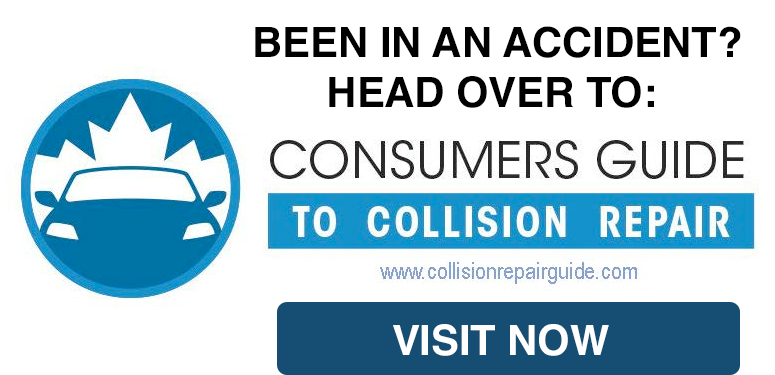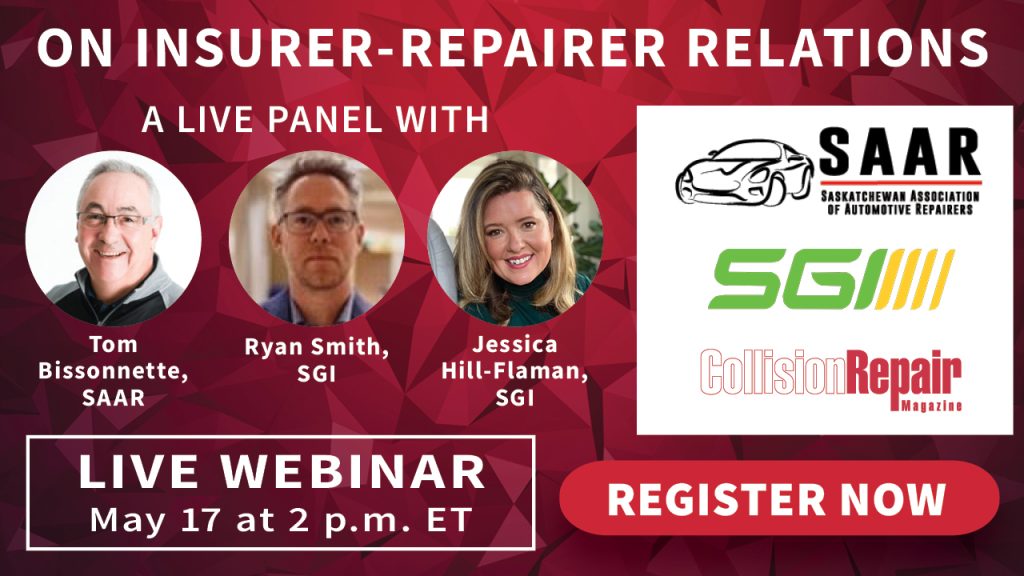Even the hardest of non-conformists rationalize
Column by STEFANO LIESSI
I have never been a conformist, especially in my teen years. My mother often said I’m too smart for my own good. She also informed me that my mouth would get me into trouble, along with many other anecdotes.
My mother was far more intelligent than she gave herself credit for. I tried to conform to different ideas and thought processes on more than one occasion; however, as I thought things were okay and I saw people’s points, something would always come along to make me question my morals and values. So, as I drank the Kool-Aid, I realized that there were faults with the system of which I was part. To my mother’s point, my mouth would get me into trouble. Not being one to take “just because” as an answer, I would move on. Why the background? Well—because.
What gets me is that I am constantly hearing the same complaints over and over and over within our industry, yet it seems everyone is still sipping the Kool-Aid simultaneously. This is like standing on the gas and braking simultaneously. Due to the pressures and fear, braking generally prevails.
As we sign on the dotted line of the negotiated agreement (i.e., sip Kool-Aid) that is supposed to make everything better (another sip), we turn around and complain. Why did you sign that in the first place? “Because we have to” … sip. “It’s the only way to get the work and get paid” (sip) “besides, they are our partner” (big sip). “It will be better for us, just have to abide by a few rules.” Refill, and sip.
These statements are a textbook case of confirmation bias, finding anything in a situation or information that confirms what you want to believe. As we progressed in our industry, I had difficulty understanding why this was a constant. Each year agreements get signed tighter than the last, with another hoop or two to jump through and some more creative verbiage. I decided to dig a bit and see why
and how this is all possible.
Here is some of what I came up with. Some may be offended; my point is not to offend but to shine a different perspective than the norm. When someone is initially presented with what appears to be a lucrative situation, we see only the positive. We develop a bias that is now our base goal. We tend to think we are analytical, and as far as evolution goes, we are capable of being analytical; however, we never genuinely apply it; instead, we rationalize. We are good to go if we analyze something and it deems no fault. If we analyze something and find fault, the desire to achieve our base goal is proportionate to our ability to rationalize said fault.
Part of this rationalization is supported using confirmation bias. We find something that overrides the fault; regardless of how unsubstantiated it may be, it is enough to substantiate our base goal. Take your agreements, your business may have plateaued, highs and lows scare you, or things are tight; you may be a younger start-up. You are presented with an agreement from an insurer either through a banner agreement or on your own. It promises steady work, more volume, and guaranteed payment. All you must do is follow some guidelines.
So, you read it over, and some of the tradeoffs concern you; you feel the deadlines are unreasonable, you think the rate is low and the scrutiny over your process is a bit invasive. Then they tell you that you will have more volume that will make up for the lower rate; that the deadlines are achievable, once you adapt to their process. It’s a win-win for everyone… partner.
Each of those statements is a rationalization confirming your bias. You want your business to succeed; this is your base goal. It is effortless for anyone to fall victim to this; it happens every day, everywhere.
The hardest part of any analytical negotiation process is knowing when to stand your ground or walk away. The pressure and fear are overwhelming, making it easier for you to rationalize your confirmation bias. Each year you keep focusing on your KPIs, and you strive to meet that carrot at the end of the agreement. Once you meet that criterion, the agreement is up for renewal, the rules change, and you start the performance again. Let us clarify a few things, such as the understanding that the insurer is not your partner; look up partner, and you will see it in black and white. Next, realize that you are a business and have every right to charge fairly for services rendered. It is not illegal to itemize and charge accordingly. Not wanting to pay doesn’t mean they don’t have to. What if you itemized everything you did to the vehicle and added the cost like a lawyer? I bet you would see your KPIs change for the better. You can pretty much redo anything in life except time. It is a constant that cannot stop or repeat itself.
Will you get pushback? Absolutely. Should you rationalize it? Absolutely not. Now I realize that many of you are likely locked into agreements as you read this, however, analyze your agreement and read it closely, maybe even with a lawyer; you would be surprised at how you can work it in your favour. For the next round of agreements, you negotiate, analyze them closely, and learn to stand your ground. Make the change you want to see by understanding that you are the repairer—the skilled service provider. The vehicle owner is with whom you have the contract. The insurer is the payee, and they have a duty to uphold the policy as it states, “The Insurer agrees to indemnify the Insured against direct and accidental loss of or damage to the automobile, including its equipment, caused by collision with another object or by upset.” (SPF 1 Auto insurance policy, Alberta)
In my opinion, and you are entitled to my opinion, it is time to stop rationalizing and add some of your own sweeteners to the Kool-Aid. This is not fluff or smoke up your patootie; it’s not a magic elixir, just business 101.
















































































4 Responses
Great article Stefano! My friend Chris Mario put it another way “it’s time for the collision industry to get up off their knees”.
You are right, we have been slowly conditioned to accept a less than favourable working arrangement with insurance companies, under the current circumstances I think that may soon change.
Thank you for this Stefano, I feel this is right on the mark…. Everyone should read this, and then probably read it again a couple more times just so it sinks in.
Thank you for the flowers, Tom; it is appreciated.
P.S. Give Chris Mario my best as well; it sounds to me like we can relate.
Awesome article, well written and I love the “kool aid” reference. Like those in Jonestown we have allowed this to happen to us and it is up to us to rectify it. Luckily the kool aid hasn’t killed all of us yet.